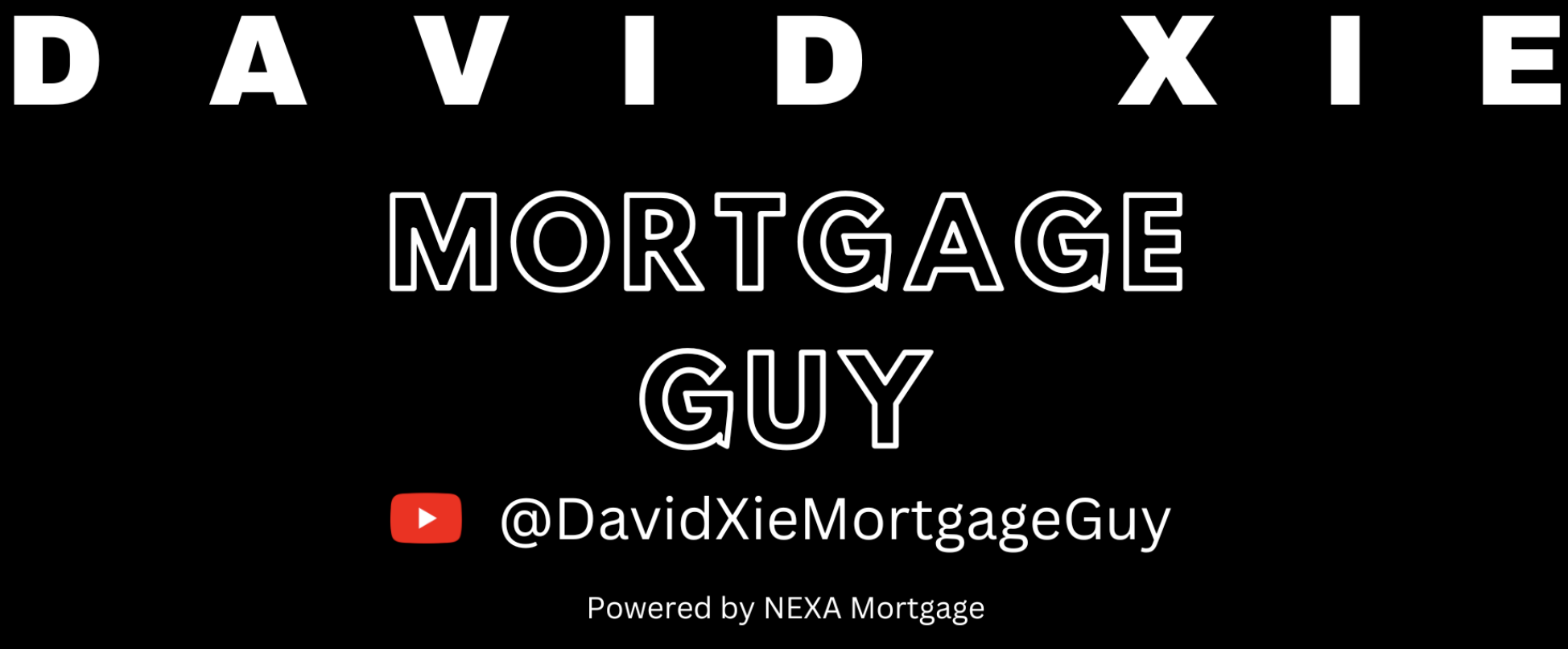The journey to selling your home is like preparing a nest for one final, profitable…
How Much Income Do I Need to Buy a House?
Understanding Homeownership and Remote Work Income
Homeownership is not reserved for the ultra-wealthy. Many people can purchase a home, even if they are earning through remote work. While income is a critical factor in buying a house, determining exactly how much you need to earn is not straightforward.
Financing Your Home Purchase
Most homebuyers rely on mortgage loans to cover the majority of the purchase price. Lenders assess an applicant’s debt-to-income (DTI) ratio to determine how much they are willing to loan for a home. If you have significant debt from sources such as student loans, car loans, or credit card debt, you will need a higher income to show that you can manage all of your financial obligations. The lender evaluates these amounts to ensure that you can handle adding the monthly mortgage payment on top of your existing expenses.
Remote workers should be aware that lenders will look at the stability and consistency of their income. If you work remotely and have fluctuating earnings, it is essential to demonstrate a stable income history. Discuss with your lender about the unique aspects of your remote work situation and how it affects your mortgage application.
Preapproval and Prequalification
If you are uncertain about what to expect in terms of mortgage affordability, consult with your lender to get preapproved or prequalified. They will assess your basic financial situation and provide an estimate of what you can borrow. This estimate is a starting point and might change as they conduct a more thorough review during the underwriting process. For those earning through remote work, it’s crucial to be clear and transparent about your income sources to avoid any surprises later on.
How Do Lenders Assess Your Income?
For traditionally employed individuals, lenders require recent pay stubs or W-2s to verify earnings. Contract employees, including remote workers, should provide a 1099 form. If you are self-employed, you need to submit tax returns from the past few years to demonstrate a solid income history. Self-employed and remote workers often need to show a longer track record of earnings due to the variability in income.
In addition to primary income, lenders consider various other forms of income such as commissions, bonuses, overtime, military benefits, alimony, court-ordered payments, investments, retirement accounts, and social security. Remote work income, particularly if it includes commissions or bonuses, should be well-documented to support your mortgage application.
Additional Factors Lenders Consider
Beyond income and DTI, lenders evaluate your credit score, the home’s purchase price, and the down payment percentage. Even if your income is not ideal for your desired home purchase, a low debt level and excellent credit score might still lead to loan approval. Ensure you provide comprehensive documentation of every recurring expense that could influence your loan repayment ability.
Final Thoughts on Homeownership and Remote Work
There is no specific income threshold required to buy a home, but managing your debt and improving your credit score can enhance your chances of approval. Remote workers should present clear and consistent income documentation to meet lender requirements. Discuss your individual situation with your lender to understand the steps you can take to achieve homeownership.
By carefully managing your finances and understanding how remote work income affects your mortgage application, you can navigate the home buying process successfully. Always seek professional advice to tailor your approach based on your unique financial situation and remote work circumstances.





